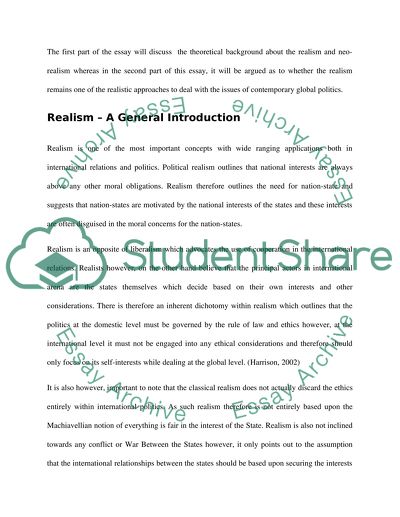Cite this document
(“Is Realism realistic as an approach to understanding contemporary Essay”, n.d.)
Retrieved from https://studentshare.org/history/1394547-is-realism-realistic-as-an-approach-to
Retrieved from https://studentshare.org/history/1394547-is-realism-realistic-as-an-approach-to
(Is Realism Realistic As an Approach to Understanding Contemporary Essay)
https://studentshare.org/history/1394547-is-realism-realistic-as-an-approach-to.
https://studentshare.org/history/1394547-is-realism-realistic-as-an-approach-to.
“Is Realism Realistic As an Approach to Understanding Contemporary Essay”, n.d. https://studentshare.org/history/1394547-is-realism-realistic-as-an-approach-to.


